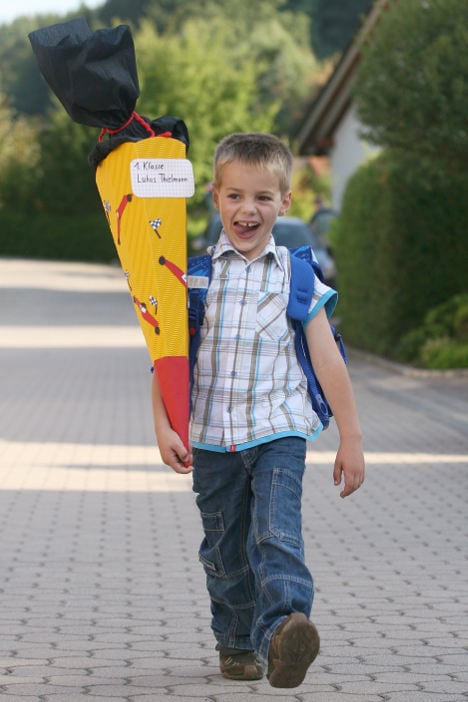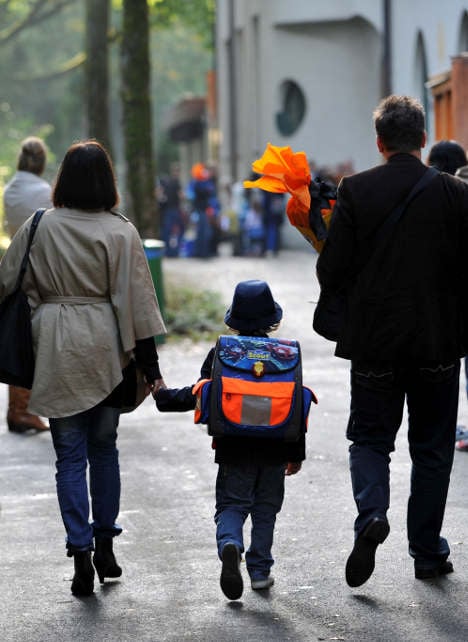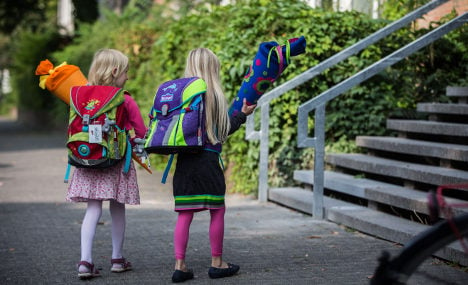By mid-August, most UK pupils still have another three weeks of sunshine, lie-ins and days at Nana and Granddad's house stretching ahead of them.
Yet for schoolchildren in North Rhine-Westphalia, the summer holidays draw to an untimely close this week.
It's a shock to the system for everyone, no doubt – but especially for those donning the satchels for the very first time this year.
Starting school is a big deal in Germany. And there are a few things that German youngsters in particular can look forward to as they enter the classroom for the first time.
Enrolment Day
If you've ever spotted German youngsters heading off on their very first day at primary school, you'll probably have been a bit confused at first.
Don't panic. It is definitely a Saturday.
The “Einschulung” – or school enrolment day – is an important event for parents, teachers and new pupils, and often takes place on a Saturday.
During the day, there will likely be a special church service, as well as an official enrolment ceremony attended by parents and other close family members.
The School principal often gives a speech, and older students perform songs and poems.
It's a day of celebration that continues long after the school bell rings, with families often gathering together for meals and parties in the afternoon.
A sweet surprise
On Einschulung day, the youngsters are also presented with their very own Schultüte (“School Bag”).
Also known as a Zuckertüte (“Sugar Bag”), this is perhaps the most exciting and unique part of the German school enrolment process.
Each child receives a giant plastic or paper cone filled with all manner of goodies.

Photo: DPA
From sweets and treats, to essential school supplies like crayons, pencils and books, the Schultüte is a colourful bag of surprises for each proud new school pupil.
This tradition dates back to the early 1800s in Saxony and Thuringia. Starting in the larger cities, it quickly spread, becoming an integral part of school enrolment across Germany.
Satchels with a history
Another traditional item on the enrolment day shopping list?
The carefully chosen Schulranzen (school satchel).
Today's Schulranzen are descendents of the original German Tornister bags – military backpacks originating in the 17th century and traditionally made out of leather stretched over a wooden frame.
In 1975, the type of Schulranzen popular today came onto the market. Made of light plastic, with wide straps and reflectors, the bags are designed with safety and convenience in mind.

Photo: DPA
With their very own Schulranzen and bulging Schultüte, this year's new pupils across Germany will likely be pretty enthusiastic as they head off on the next stage of their lives.
Let's hope the excitement continues once lessons get underway.
Written by Hannah Butler



 Please whitelist us to continue reading.
Please whitelist us to continue reading.
Member comments